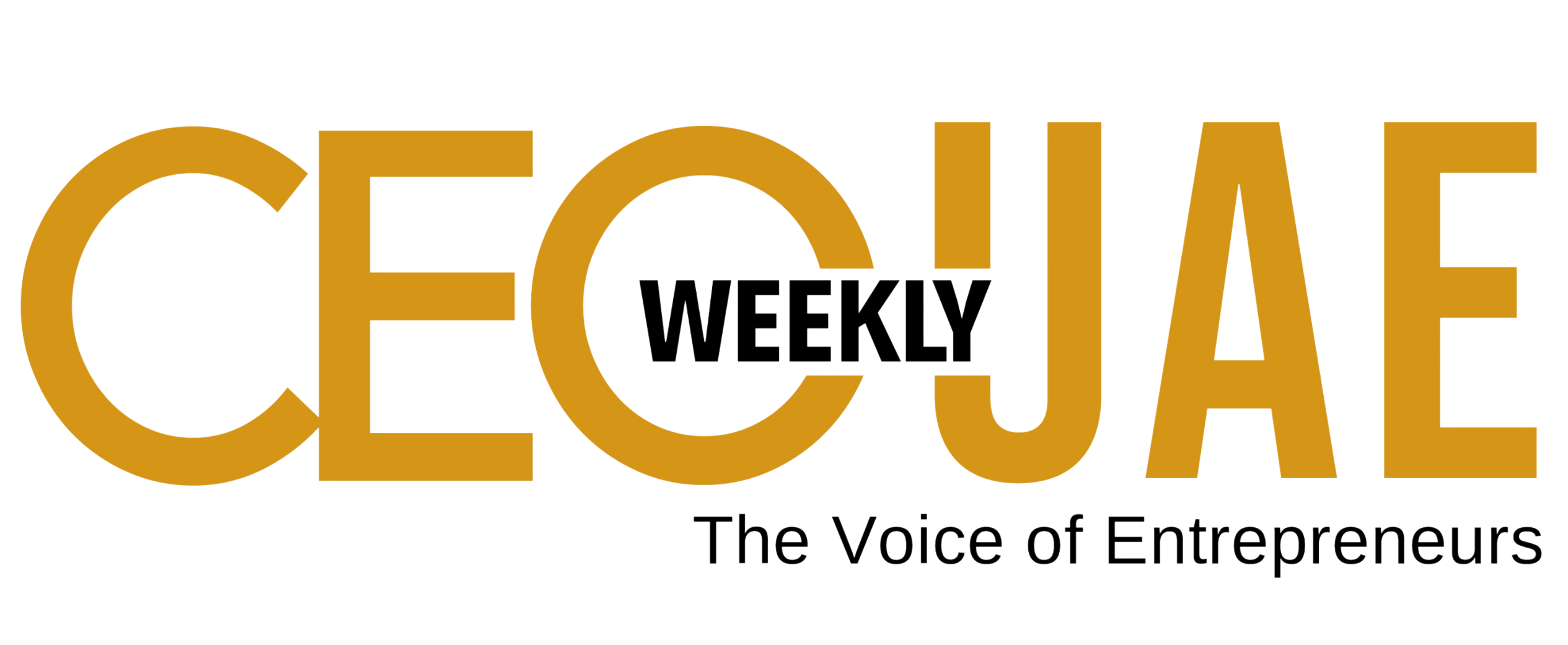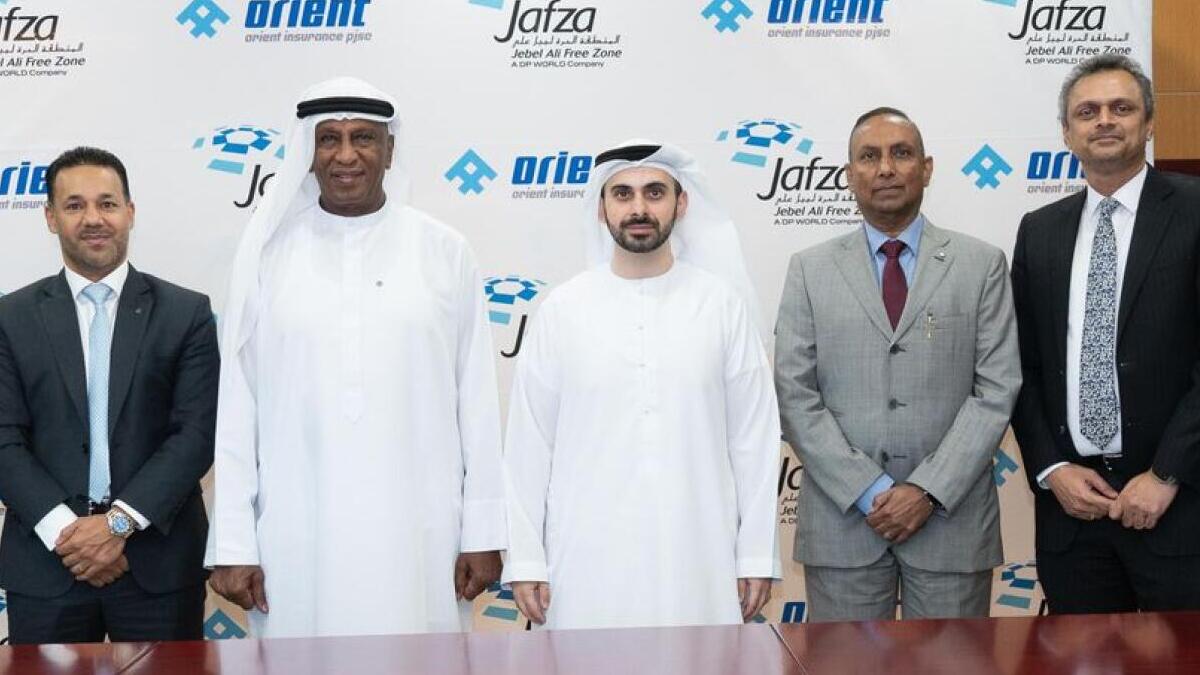Dubai, UAE – Private sector companies in the United Arab Emirates (UAE) have been given a deadline of slightly over a month to achieve their semi-annual Emiratisation targets. The Ministry of Human Resources and Emiratisation (MoHRE) announced on Monday that companies with 50 employees or more must attain a 1 percent Emiratisation rate for skilled jobs before June 30, 2023.
To encourage compliance, the MoHRE stated that fines will be imposed on companies that fail to meet the set targets, starting from July 1. In a video released by the ministry, the calculation of fines was explained. Non-compliant companies will face a penalty of Dh42,000 for each Emirati employee not hired.
The Emiratisation initiative aims to increase the employment of Emirati nationals in the private sector, particularly in skilled roles. In 2022, companies with 50 or more employees were required to have 2 per cent of Emiratis in skilled positions. However, by the end of this month, they must further increase the number of Emirati employees by 1 per cent, reaching a total of 3 per cent.
The fine structure is based on an increment of Dh1,000 per year until 2026. For the year 2023, the monthly fine stands at Dh7,000, an increase from Dh6,000 in the previous year. The objective of these fines is to push companies towards a higher Emiratisation rate and create more job opportunities for Emirati nationals.
The UAE has implemented a federal law that aims to progressively increase Emiratisation rates by 2 percent annually, with a target of reaching 10 percent by the end of 2026. To achieve this, the mechanism for attaining the targets has been revised. The annual target is now divided into 1 percent for the first six months and an additional 1 percent for the second half of the year.
This means that companies are required to have a total of 4 percent Emiratis in skilled positions by the end of each calendar year.
The Emiratisation drive is part of the UAE’s broader strategy to foster economic diversification and create sustainable employment opportunities for its citizens. By encouraging the participation of Emirati nationals in the private sector, the government aims to enhance their skills and contribute to the country’s long-term development.
Private sector companies in the UAE are urged to take immediate action to meet the upcoming Emiratisation targets and avoid penalties. By actively recruiting and retaining Emirati talent, businesses can not only comply with the regulations but also benefit from the diverse perspectives and expertise that Emirati employees bring to the workplace.
The Emiratisation initiative, designed to bolster Emirati representation within the private sector, places a specific emphasis on increasing their employment in skilled roles. In 2022, companies with 50 or more employees were mandated to have a 2 percent Emirati workforce in skilled positions. However, they now face the task of further augmenting the number of Emirati employees by 1 percent by the end of this month, reaching a cumulative 3 percent.
To enforce compliance, non-compliant companies will be subject to fines starting from July 1. The MoHRE released a video elucidating the fine structure. Companies failing to meet the Emiratisation targets will incur a penalty of Dh42,000 for each Emirati employee not employed.
The fine calculation is based on an annual increase of Dh1,000 until 2026. For 2023, the monthly fine has been set at Dh7,000, surpassing the Dh6,000 imposed in the previous year. These fines serve as a motivational tool to prompt companies to raise their Emiratisation rates and generate more employment opportunities for Emirati nationals.
With the deadline approaching, the Ministry of Human Resources and Emiratisation is expected to closely monitor companies’ compliance and take necessary measures to ensure the successful implementation of the Emiratisation program.










